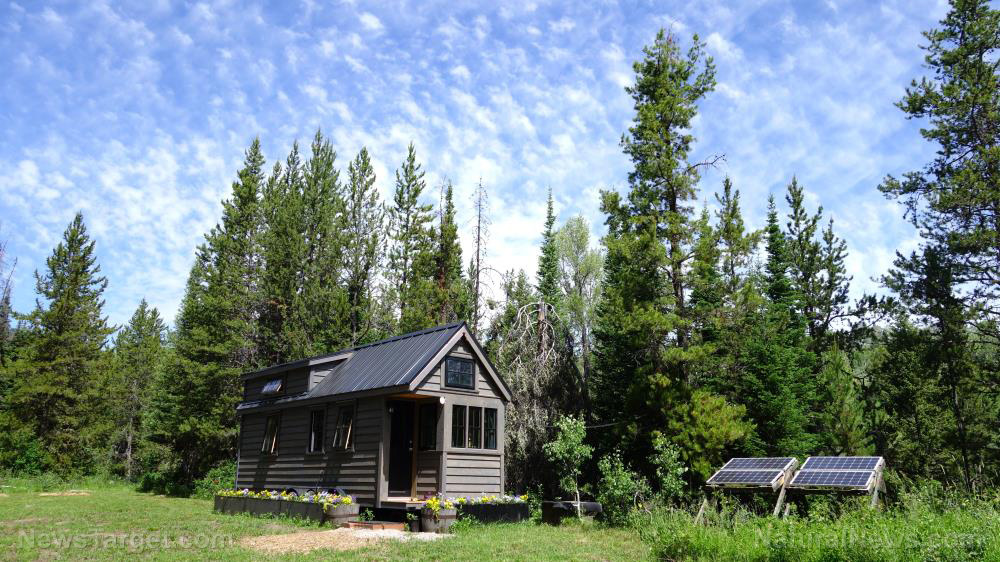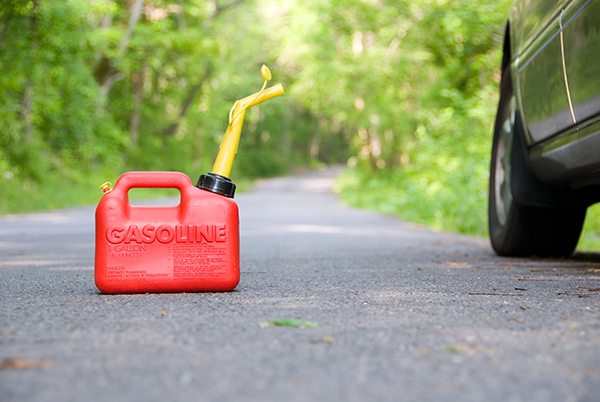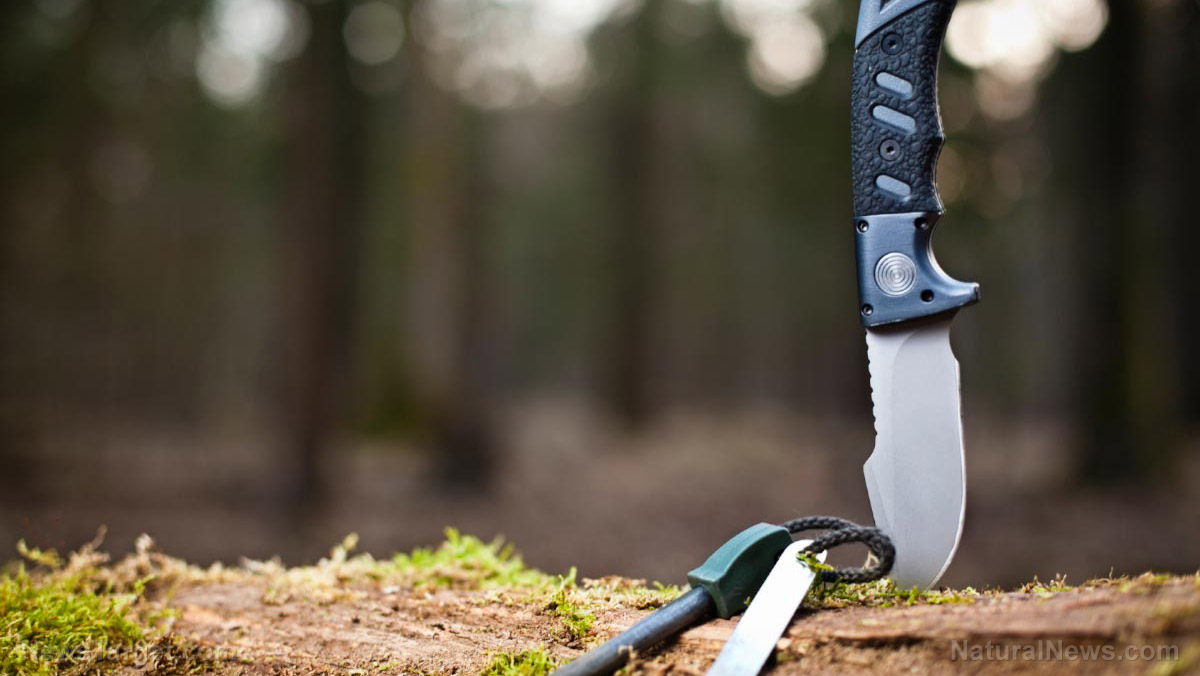4 Survival foods to consider adding to your food pantry
03/14/2020 / By Darnel Fernandez

Nowadays, it would be difficult to imagine a time when you’ll find yourself short on food. However, disasters are unpredictable and don’t discriminate — they can strike anywhere and at any time. Preppers often remedy this by stockpiling plenty of food to last them a long time. But this essential prepper skill requires a lot of planning and budgeting, meaning that you must choose which foods you to add to your stockpile. (h/t to Survivopedia.com)
The pros and cons of certain survival foods
Choosing the right type of food for your stockpile is an essential step to take because the foods you pick will be what keeps you alive in the coming days when SHTF — especially when the groceries and convenience stores will be picked clean and go out of business. On average, a solid prepper pantry should have enough food to last for more than six months. The pantry should also have enough diversity to provide a myriad of vitamins and minerals needed for good health. (Related: Stockpiling food for the long haul: Some essentials will last forever as long as they’re sealed.)
Regardless of what food you choose, you should weigh in your options and pick what’s right for you. Here are some recommendations:
Canned food
When it comes to stockpiling food, you can never go wrong with canned food. They’re cheap, easy to get and last for a long time — not to mention the wide variety of canned foods available to choose from. This makes them a popular survival food among preppers.
In addition to this, the cans themselves can still be useful for survival purposes. You can upcycle them as small pots or, if you know how to work and transform metal, you can turn them into other useful items.
However, canned goods are quite heavy and could take up a lot of storage space. They also cannot be frozen and must be kept in certain temperatures to maintain freshness. The cans themselves can also rust when exposed to humidity, affecting the safety of the food inside.
Energy bars
These bars are primarily designed to be consumed by athletes and outdoor explorers who are in need of a quick energy boost. Now, many people enjoy these inexpensive snacks as an alternative to a full meal. Many energy bars can provide enough calories for both adults and children, depending on what kind of bar you eat.
While they do provide a lot of calories, the nutritional value of energy bars leave much to be desired. In fact, they aren’t even recommended for daily consumption. They also don’t make a good alternative to a hot meal because you cannot heat them.
Freeze-dried foods
Freeze-dried food has risen in popularity in recent years, especially for long-term storage. Some preppers have even invested in their very own freeze dryer so they can prepare their own rations.
These foods boast a very long shelf life and very low moisture content, making them well-preserved while maintaining their savor. They also maintain their original shape, texture and color prior to freeze-drying.
Unfortunately, this type of food is your most expensive option and a practical survival pantry wouldn’t handle being stocked up with only freeze-dried food. If you have your own freeze-dryer, this would be perfect for you. But, it’s not readily available for most people.
Dehydrated foods
Dehydrating food has been a tried-and-tested preservation method for years and has proven to be an excellent method to keep your stockpile full. They’re much lighter than most other foods and is waste-free. Because all the moisture content has been eliminated, these foods can last for years without expiring.
However, preparing dehydrated food needs quite a bit of water. When SHTF, water becomes scarce, especially if you don’t have the means to source and purify your own. These foods also lose their original taste when rehydrated and also have a much lower nutritional value.
This only scratches the surface of what foods you can add to stockpile. Check out stories at Preparedness.news to learn more.
Sources include:
Tagged Under: bug out, canned food, dehydrated foods, disaster, emergency food, energy bars, food stockpiling, food suppy, freeze-dried foods, Gear, off grid, preparedness, prepping, SHTF, supplies, survival, survival food, survivalist
RECENT NEWS & ARTICLES
COPYRIGHT © 2018 SURVIVALGEAR.NEWS
All content posted on this site is protected under Free Speech. SurvivalGear.news is not responsible for content written by contributing authors. The information on this site is provided for educational and entertainment purposes only. It is not intended as a substitute for professional advice of any kind. SurvivalGear.news assumes no responsibility for the use or misuse of this material. All trademarks, registered trademarks and service marks mentioned on this site are the property of their respective owners.



















